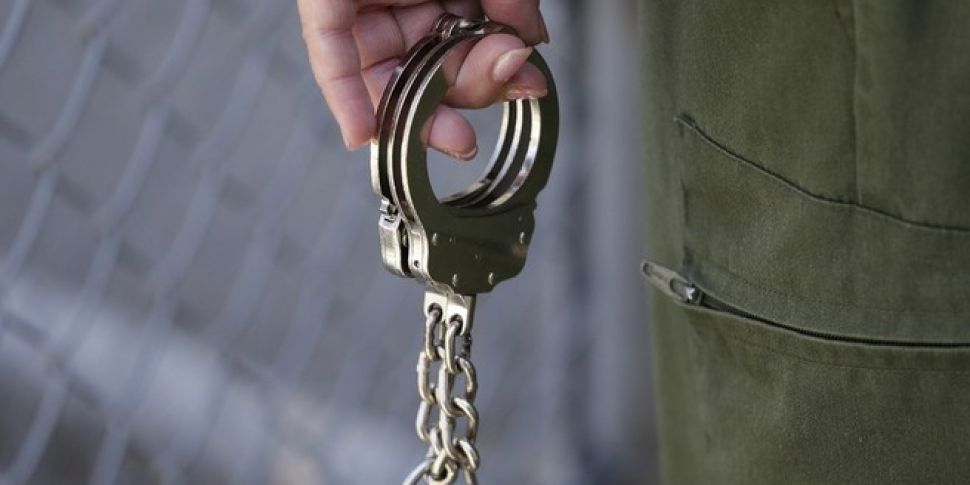A government taskforce is expected to recommend wiping young peoples' criminal records at 25 in a new report being published tomorrow.
Chairperson Kieran Mulvey presented an update on the Government’s taskforce for North Inner City Dublin yesterday, and met with locals to ensure their input before finalising the report.
Currently, two different operate in Ireland:
- One which applies to under 18s under the Children's Act 2001 where convictions can become spent after three years
- One which applies to adults over the age of 18 where the convictions continue to carry
Sexual offences are excluded from both schemes, and it looks unlikely that they will be included in the report's recommendations.
Acting Executive Director of the Irish Penal Reform Trust Fíona Ní Chinnéide fully endorsed the recommendation, saying it struck the trust as "one of the most sensible proposals put forward in recent times".
"It's not radical in international terms", she said on The Pat Kenny Show. "What's unusual is Ireland's very conservative approach to what convictions can become spent after a set period of time.
"There are two issues being addressed in this - one is offending behaviours by all young people up to the age of 24 irrespective of class or social background. The other one in this case is looking at communities blighted by poverty, social marginalisation, addictions, homelessness et cetera.
"Young people don't automatically transform into adults in their 18th birthday, they continue to develop. Much of the offending is informed by impulsivity and immaturity."
The UK
In 2013, convictions resulting in a non-custodial sentence were filtered from record checks after 11 years for adults and five and a half years for young offenders.
Cautions were filtered from record checks by the Disclosure and Barring Service (DBS), formerly known as the Criminal Records Bureau, after six years for adults and two years for young offenders.
Serious violent and sexual offences, offences with a jail sentence and some other offences remain on checks. A conviction was only be filtered if there is no other offence on the individual's record.
The changesa nnounced by the Home Office in March came after the Court of Appeal ruled that the law that requires people to disclose all previous convictions to certain employers breached human rights.









